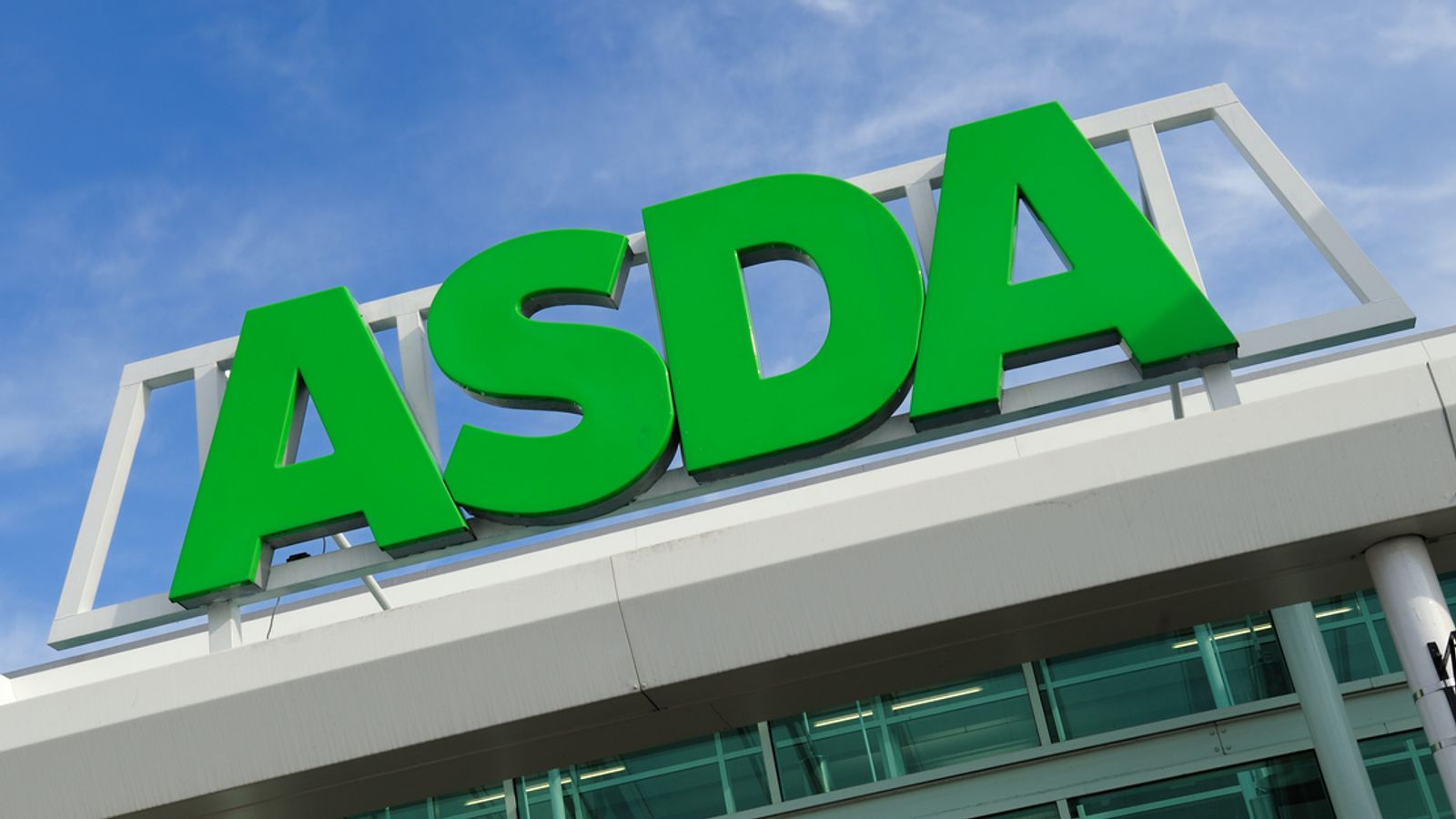While grocery price inflation has grabbed headlines, the latest Kantar Worldpanel data reveals a deeper story: the widening gulf between the UK's largest supermarket chains. Tesco and Sainsbury's continue to solidify their dominance, leaving Asda and Morrisons struggling to keep pace.
Sainsbury's, under CEO Simon Roberts, has seen its market share rise to 15.3% in the 12 weeks ending 4 August, up from 14.8% the previous year. This growth comes largely at the expense of Asda and Morrisons. However, Morrisons, led by CEO Rami Baitieh, appears to have stabilised its market share and is back to sales growth, attracting the respect of industry veterans like Tesco executives.
Asda, on the other hand, is facing a concerning decline. Its market share has plummeted from 13.7% to 12.6% in the past year, marking an astonishing fall from grace. It was not long ago that Asda overtook Sainsbury's as the UK's second-largest supermarket, a milestone celebrated by then-CEO Tony DeNunzio with an extra day off for all 125,000 UK employees. But this was back in August 2003, when Asda, under US giant Walmart's ownership, boasted a 17% market share.
Sainsbury's, under the leadership of Justin King, reclaimed the number two spot in 2013, and the two chains remained neck-and-neck for several years. However, Asda has not held the number two position since late 2019, with Sainsbury's consistently claiming the top spot.
A Series of Unfortunate Events
The question is: what went wrong at Asda? The answer lies in a tumultuous period of ownership changes and internal turmoil.
In October 2020, amidst the ongoing pandemic, Walmart sold a majority stake in Asda to TDR Capital and the Issa brothers, known for building EG Group, a global convenience and forecourts retailer. While Walmart retained a strategic 10% stake, the financial structure of the deal, involving the buyers raising £2.75bn through a bond secured against Asda's property assets, left the supermarket heavily leveraged.
Concerns emerged early on that this financial engineering would negatively impact Asda's competitiveness. The Financial Times, in particular, described the brothers' approach as a "financial high-wire act".
Further alarm bells rang in August 2021 when Asda's highly regarded CEO, Roger Burnley, stepped down following reported disagreements with the brothers over strategy. Asda's search for a successor proved challenging, with the process suspended in early 2022 before being reignited, with a reported £10 million annual salary on offer.
Criticism and Instability
Asda's high borrowing weighed heavily on the business, drawing the attention of the Competition and Markets Authority. In an investigation into potential fuel price gouging, the CMA highlighted a decline in Asda's competitiveness â a stark contrast to its previous reputation as a price leader.
Further embarrassment arose when the Business Select Committee criticised the brothers for their "opaque" accounting practices, following a hearing where Mohsin Issa refused to answer questions about Asda's profit margins on fuel since the takeover.
Adding to the instability was ongoing speculation about a falling out between the brothers. This was vehemently denied, but in June 2023, Zuber Issa sold his 22.5% stake in Asda to TDR, giving the latter controlling ownership. Zuber also stepped down from EG Group's board and sold his remaining UK forecourts to his brother, further suggesting a divergence of their business interests.
Much of the blame for Asda's operational challenges has been attributed to Mohsin Issa and his perceived lack of experience in supermarket retailing. The supermarket has also faced numerous clashes with unions over staffing levels, with long-standing employees complaining of heavy workloads. The attempt to disentangle Asda's IT systems from those of Walmart also contributed to the upheaval.
A Cry for Help
Asda's chairman, Lord Rose of Monewden, and CFO Michael Gleeson have attempted to maintain stability amidst the chaos. However, even Lord Rose, a renowned retail figure for his time at Marks & Spencer, appears to be losing patience, expressing disappointment with Asda's performance. He has called for Mohsin Issa to step back from day-to-day operations and for a fully experienced retail executive to take the helm.
While Asda has made some efforts to improve, including a recent announcement by Mr Gleeson of increased staffing at checkouts, its performance continues to lag behind its rivals. The supermarket's need for a full-time CEO is urgent.
A Tale of Two Supermarkets
While Asda struggles, Morrisons, despite also being acquired by private equity and burdened with debt, has begun to turn its fortunes around. This can be attributed to its greater stability and leadership under Mr Baitieh, an accomplished supermarket operator, with additional support from Sir Terry Leahy, a former Tesco CEO, now a senior advisor at Clayton Dubilier & Rice.
The industry publication The Grocer praised Mr Baitieh's "back to basics approach" and his commitment to engaging with staff and upholding the legacy of Morrisons' founder.
In contrast, critics have described Mohsin Issa as "frosty" and "aloof" in his interactions with employees.
A Bleak Future?
Asda faces a challenging future, with a sense of uncertainty lingering over the supermarket's brand identity and direction. Despite new high-profile recruits joining in the coming months, Asda's path to recovery will depend on a decisive change in leadership and a renewed focus on its core customer base. The supermarket giant needs to regain its footing quickly to avoid further slipping in the competitive landscape of the UK grocery market.
Article
Business

Asda's Fall from Grace: What Went Wrong at the Supermarket Giant?

